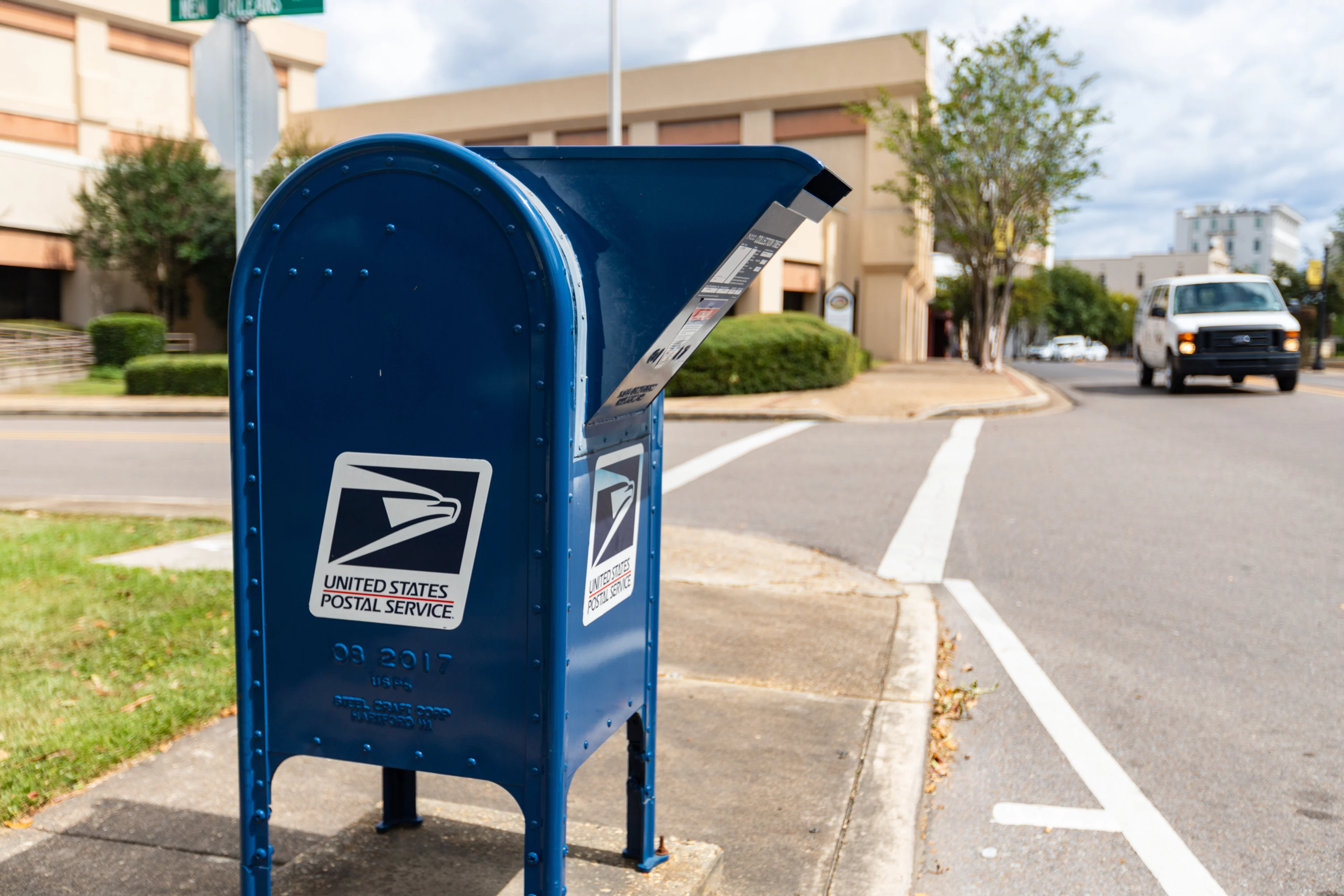
M&A Advisors Explain Private Equity Investors
Private equity investors represent possibly the largest prospective pool of business buyers today. PE investors have largely sat out the economic downturn and are estimated to be holding more than $500 billion in uninvested cash. The M&A advisors at Doeren Mayhew know these buyers can be hard to reach. Unlike international buyers, which are actively making acquisitions again, many PE investors remain wary of the mergers and acquisitions market. And many of the unfunded PE firms continue to experience difficulty in cost effectively financing their transactions. To increase odds of attracting these buyers today, sellers must be aware of the obstacles in dealing in the PE universe as well as the opportunities to position their businesses favorably. Our M&A advisors explain. Know your PE types – and the potential pitfalls associated with each. When seeking PE investment, sellers need to do their best to avoid financing contingencies. We’ve heard of “fundless” PEs shopping for financing post closing (a sign and subsequent close) or even simply have their deals fall apart at the last minute when they are unable to obtain financing. Showcase your resilience. Many PE investors have remained on the sidelines over concern that, given the fragile nature of the economy, deals have a high likelihood of failure. A company could look attractive on initial inspection, but suddenly diminish in value if the economy stumbles. Sellers in cyclical industries such as manufacturing and construction are particularly vulnerable. To attract PE buyers, our M&A advisors recommend showcasing your stability. This means emphasizing:
- Recession-proof qualities. If possible, sellers should highlight their record of reliable revenues in various market environments. Positive returns during the depths of the current recession, for example, tell a buyer that your company can handle almost any crisis.
- Efficiency. Show how you reduced expenses during the recent downturn. The ability to trim inventories and cut debt will appeal to PE firms looking for healthy balance sheets and less risky acquisitions.
- Steady cash flows. Even cash-rich PE investors will find a seller with robust cash reserves appealing. Such targets can provide buyers with financing to make additional deals in the future.
- Collateral. Your company’s liquidation value — cash flows, physical assets and intellectual property — reduces risk for PE investors. Such collateral will help determine the deal terms that are offered.
Consider your industry. Being in the right industry or sector also plays a role in attracting PE money. Recently, these investors have favored fragmented industries (those that lack one dominant player), where performance has remained relatively high through the recession. For example, in August 2010 several PE firms bid for McKechnie Aerospace, which competes in the fairly fragmented aerospace parts sector. Several PE firms also vied in May 2010 to acquire RBS Plc’s Priory Group, which operates health care services. Sellers in these sectors would probably have a better chance of selling to a PE firm during this timeframe. But you can also raise your profile by approaching PE groups directly or agreeing to participate in a special deal auction made up of PE buyers. Many of the factors that drive PE firms to make acquisitions — financing, stock market performance, industry health — are out of a seller’s hands. What sellers can do, however, is work with knowledgeable advisors to prepare for sale, learn what PE buyers are looking for and then promote the most compelling compatibilities. For assistance selling a business to a private equity investor, contact Doeren Mayhew’s M&A advisors in Michigan, Houston or Ft. Lauderdale.


